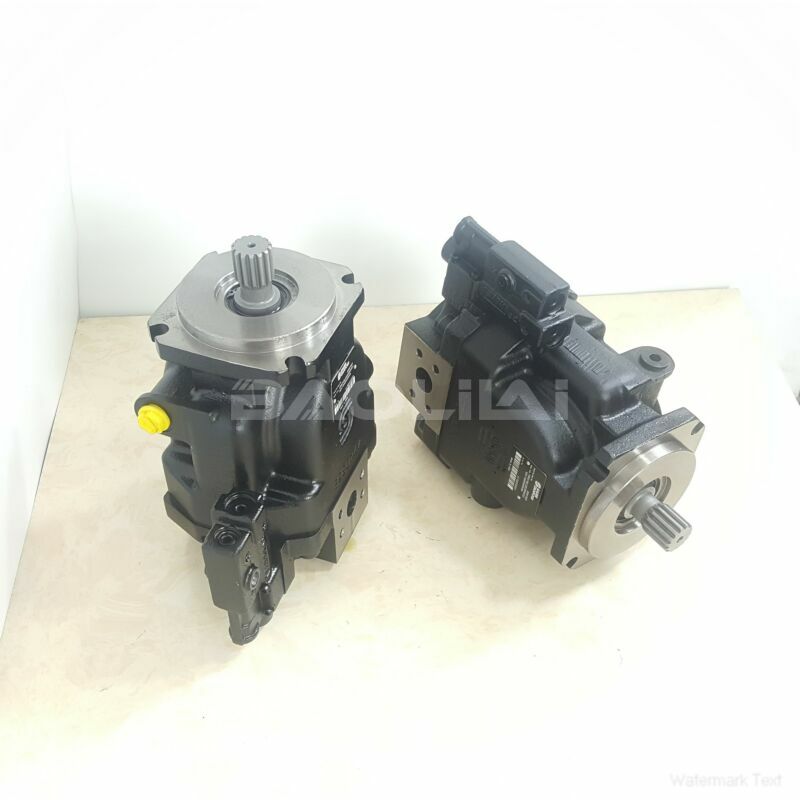FRR074BLS2520NNE3S1R2A1NAAANNNNNN sauer danfoss pump
FRR074BLS2520NNE3S1R2A1NAAANNNNNN sauer danfoss pump

- Product Details
- Applicable Scene
As the construction industry shifts towards more sustainable practices, the integration of innovative technologies plays a crucial role in developing green building systems. Among these technologies, high-efficiency piston pumps are becoming increasingly vital. These pumps not only enhance operational efficiency but also contribute significantly to energy conservation and resource management in buildings. Understanding their role in green infrastructure offers insights into how modern architecture can align with environmental sustainability goals.
FR-R-074B-LS-25-20-NN-E-3-S1R2-A1N-AAA-NNN-NNN
FRR074BLS2520NNE3S1R2A1NAAANNNNNN
High-efficiency piston pumps stand out due to their superior performance in moving fluids with minimal energy consumption. Unlike traditional pumps, which can waste energy through inefficient operation and mechanical friction, high-efficiency piston pumps utilize a more streamlined design and advanced materials. This leads to reduced energy requirements, ensuring that less energy is needed to achieve the same or greater output. In the context of green building systems, this energy efficiency directly correlates to lower carbon footprints and operating costs.

83054582
One of the most significant applications of high-efficiency piston pumps is in heating, ventilation, and air conditioning (HVAC) systems. These pumps are capable of managing water circulation for heating and cooling more effectively than conventional systems. By optimizing flow rates and pressures, they help maintain comfortable indoor climates while requiring less energy. As such, integrating these pumps can contribute to achieving LEED (Leadership in Energy and Environmental Design) certification and other sustainable building standards.
Furthermore, high-efficiency piston pumps excel in water management systems, including rainwater harvesting and irrigation. In modern green buildings, where water conservation is a priority, these pumps can efficiently distribute water collected from rainwater systems or utilize greywater for irrigation purposes. By maximizing the use of alternative water sources, they support the sustainability objectives of reducing potable water consumption and minimizing waste.





